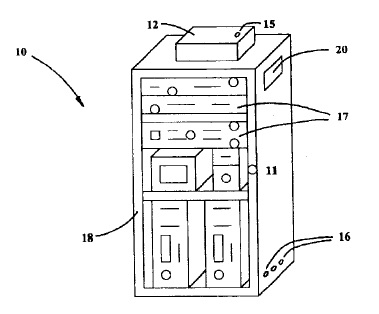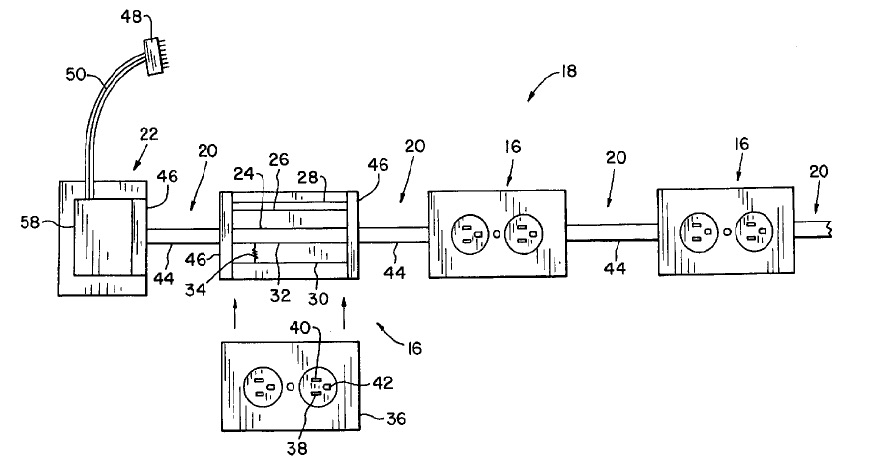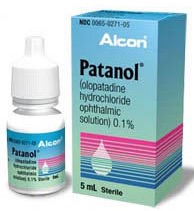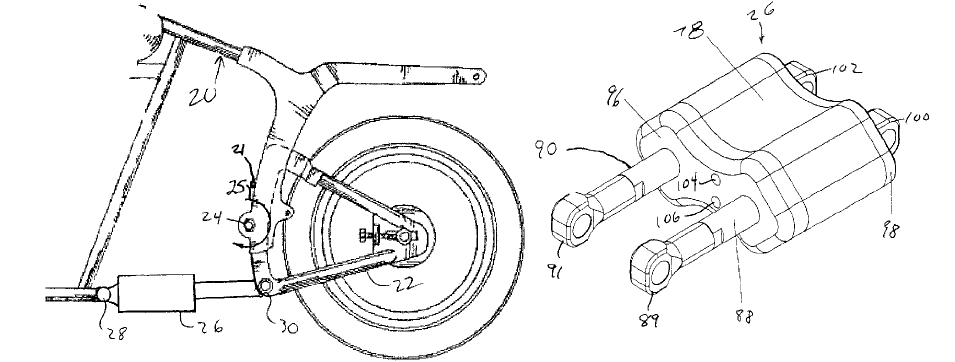Indianapolis, IN – A patent infringement lawsuit over aircraft fire prevention systems has been put on hold until the US Patent Office completes a re-examination of the patents at issue in the case.
In June, patent lawyers for FirePASS IP Holdings and FirePASS Corporation of New York, New York filed a patent infringement lawsuit in the Southern District of Indianaalleging Bombardier, Inc. of Montreal, Canada, and Bombardier Aerospace Corporation, of Richardson, Texas, infringed four patents: No. RE 40,065,  HYPOXIC FIRE PREVENTION AND FIRE SUPPRESSION SYSTEMS FOR COMPUTER CABINETS AND FIRE-HAZARDOUS INDUSTRIAL CONTAINERS; 6,418,752, Hypoxic fire prevention and fire suppression systems and breathable fire extinguishing compositions for human occupied environments; Patent No. 6,314,754, Hypoxic fire prevention and fire suppression systems for computer rooms and other human occupied facilities; and Patent No.7,207,392, Method of preventing fire in computer room and other enclosed facilities which have been issued by the US Patent Office. The complaint alleges that Bombardier sells and offers to sell products that infringe FirePASS’s patents. Specifically, FirePASS alleges that Bombardier has a contract to sell 40 CS300 aircraft to Republic Airways of Indianapolis, valued at $3.2 billion. FirePASS alleges that the aircraft contain flammability reduction means that infringe FirePASS’s patented technology. The Federal Aviation Administration has implemented new regulation requiring additional flammability reduction means to prevent fuel tank fires in aircraft.
HYPOXIC FIRE PREVENTION AND FIRE SUPPRESSION SYSTEMS FOR COMPUTER CABINETS AND FIRE-HAZARDOUS INDUSTRIAL CONTAINERS; 6,418,752, Hypoxic fire prevention and fire suppression systems and breathable fire extinguishing compositions for human occupied environments; Patent No. 6,314,754, Hypoxic fire prevention and fire suppression systems for computer rooms and other human occupied facilities; and Patent No.7,207,392, Method of preventing fire in computer room and other enclosed facilities which have been issued by the US Patent Office. The complaint alleges that Bombardier sells and offers to sell products that infringe FirePASS’s patents. Specifically, FirePASS alleges that Bombardier has a contract to sell 40 CS300 aircraft to Republic Airways of Indianapolis, valued at $3.2 billion. FirePASS alleges that the aircraft contain flammability reduction means that infringe FirePASS’s patented technology. The Federal Aviation Administration has implemented new regulation requiring additional flammability reduction means to prevent fuel tank fires in aircraft.
Patent attorneys for the parties filed a joint motion requesting the stay, which was approved by the court. The motion notes that FIREPASS has filed a patent infringement lawsuit in the Eastern District of New York where the validity of the same four patents is at issue. The opposing party in that case had requested the re-examination. The judge in the New York case has also stayed that litigation pending the re-examination.
Practice Tip: It is common for patent infringement litigation to be stayed when the US Patent Office is re-examining the patent, although the district court is not required to stay the litigation. Each claim of a patent is presumed to be valid and enforceable, even if the patent is being re-examined. The US Patent Office offers this FAQ sheet that explains the re-examination process.
Continue reading
 Indiana Intellectual Property Law News
Indiana Intellectual Property Law News








 Lilly had challenged the patent based on the fact that there is no known use of the protein. Thus, Lilly argued, the gene sequence was not patentable due to a lack of industrial application.
Lilly had challenged the patent based on the fact that there is no known use of the protein. Thus, Lilly argued, the gene sequence was not patentable due to a lack of industrial application.